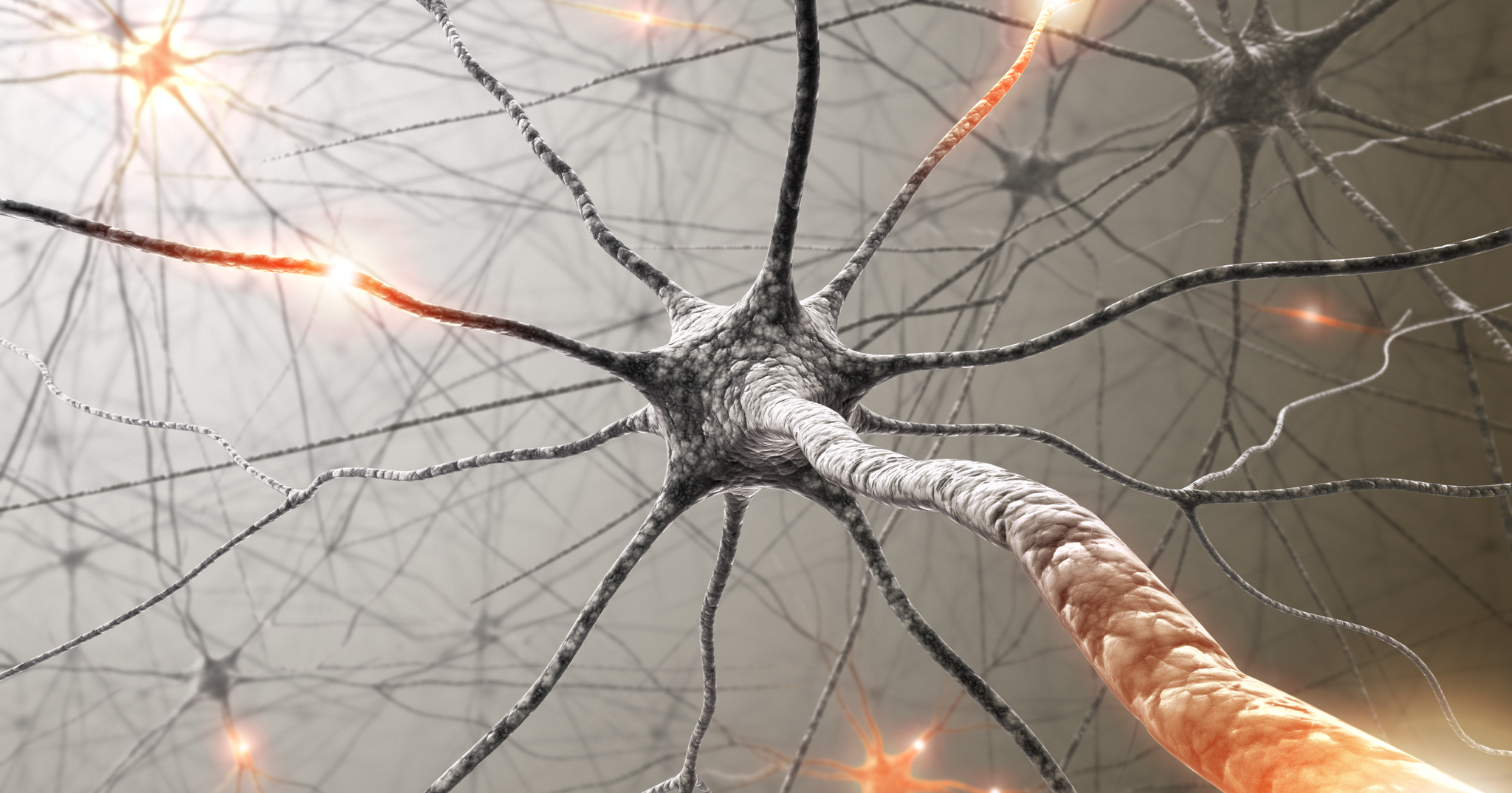-

Groundbreaking Launches Simpson Querrey Biomedical Research Center
Leaders from Northwestern University, the Ann & Robert H. Lurie Children’s Hospital of Chicago, Northwestern Medicine and the city of Chicago broke ground on the Louis A. Simpson and Kimberly K. Querrey Biomedical Research Center during a ceremony on May 8.
-

Protein Protects Organs From Immune Damage
Northwestern Medicine scientists have identified a previously unknown key regulator of immune response, a protein kinase called Jnk2 that helps maintain cellular homeostasis through a series of physiological processes.
-

Feinberg Student Awarded Doris Duke Fellowship
Claudia Leung, a third-year medical student, was recently awarded the Doris Duke International Clinical Research Fellowship to pursue a clinical research project in Kenya to study the causes of heart failure among East Africans.
-

Les Turner ALS Research and Patient Center at Northwestern Medicine to Unveil Ice Sculpture Exhibition to Bring Attention to ALS
The Les Turner ALS Research and Patient Center at Northwestern Medicine has commissioned an ice sculpture exhibition to bring attention to specific people with ALS and the debilitating effects of the disease.
-

Stem Cell Biology the Focus for New ALS Lab
Evangelos Kiskinis, PhD, assistant professor in Neurology and Physiology, uses stem cells to study the motor neurons and genes implicated in ALS.
-

AQSI Receives Award for Dedication to Improving Healthcare Quality
The Northwestern Medicine Academy for Quality and Safety Improvement received the 2015 Leape Ahead Award from American Association for Physician Leadership.
-

Telomere Changes Predict Cancer
A distinct pattern in the changing lengths of telomeres years before cancer diagnoses could yield a new biomarker that predict cancer, according to a new study.
-

Barry Coller, MD, to Speak at 2015 Commencement
Barry Coller, MD, vice president for medical affairs and David Rockefeller Professor at Rockefeller University, will speak at the medical school’s commencement on Monday, May 18.
-

Distinguished Scientists to Speak at Lectures in Life Sciences
The Lectures in Life Sciences series runs throughout the academic year and features prominent scientists speaking on topics ranging from pathology to cell and molecular biology.
-

Vimentin Implicated in Lung Inflammation and Fibrosis
A new Northwestern Medicine study shows that a protein called vimentin may help activate an inflammatory response that leads to acute lung injury.
-

Northwestern Medicine Researchers Solve Mystery of Deadly Transplant Infection
Northwestern Medicine scientists have identified a specific bacteria that may be the cause of a rare lung infection that affects lung transplant patients.
-

Structure of Parainfluenza Virus 5 Reveals How Replication Occurs
Northwestern Medicine scientists have for the first time, determined the protective structure of the parainfluenza virus 5 nucleocapsid ring, which hides the viral RNA genetic material from the outside environment. These findings may help to explain how the virus and other membrane-enveloped viruses including measles and mumps replicate with minimal changes to the protective ring[…]
-

Nanotech-Enabled Moisturizer Speeds Healing Of Diabetic Skin Wounds
New Northwestern Medicine research shows spherical nucleic acids can silence a gene that interferes with wound healing, opening the door to new treatments for diabetic skin wounds, as well as many other conditions.
-

Tracking HIV to the Cell Nucleus
Northwestern Medicine scientists explored how HIV uses host factor FEZ-1 to move in cells to the nucleus.
-

Michel Kliot, MD, Named Interim Chair of Neurological Surgery
Michel Kliot, MD, will succeed Andrew Parsa, MD, PhD, as interim chair of the Department of Neurological Surgery.
-

Reuniting and Reminiscing at Alumni Weekend
Former students returned to Feinberg for Alumni Weekend on April 17 and 18 to reunite with old classmates and check out what’s happening at the medical school.
-

Activator for Important Aging and Cancer Protein Identified
David Gius, MD, PhD, professor in Radiation Oncology and Pharmacology, collaborated with University of Chicago scientists on a study identifying a natural compound that activates the protein SIRT3, a potential target for breast cancer, cardiac conditions and other diseases.
-

Northwestern Creates $200,000 Nemmers Prize In Medical Science
Northwestern University has established a $200,000 prize to be awarded to physician-scientists whose body of research exhibits outstanding achievement in their disciplines, the Mechthild Esser Nemmers Prize in Medical Science.
-

Pathway Signals Motor Neuron Death in Spinal Muscular Atrophy
Northwestern Medicine scientists have found a signaling pathway that contributes to motor neuron degeneration in spinal muscular atrophy, and may help to better understand other neurodegenerative disorders.
-

Alumni Muneer Satter And Kristen Hertel Commit More Than $10 Million To Northwestern
A new $10.5 million gift from alumni Muneer Satter and Kristen Hertel will support Northwestern University Feinberg School of Medicine and School of Education and Social Policy.
Recent News
-

Northwestern Medicine Researchers Solve Mystery of Deadly Transplant Infection
Northwestern Medicine scientists have identified a specific bacteria that may be the cause of a rare lung infection that affects lung transplant patients.






